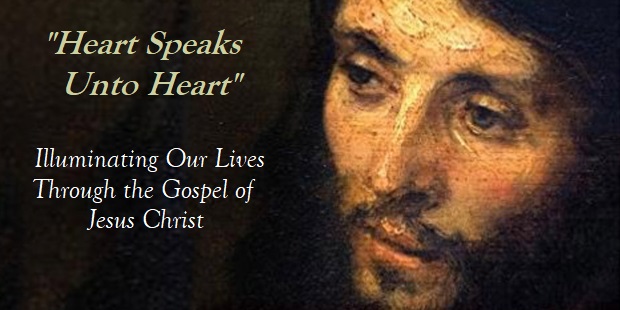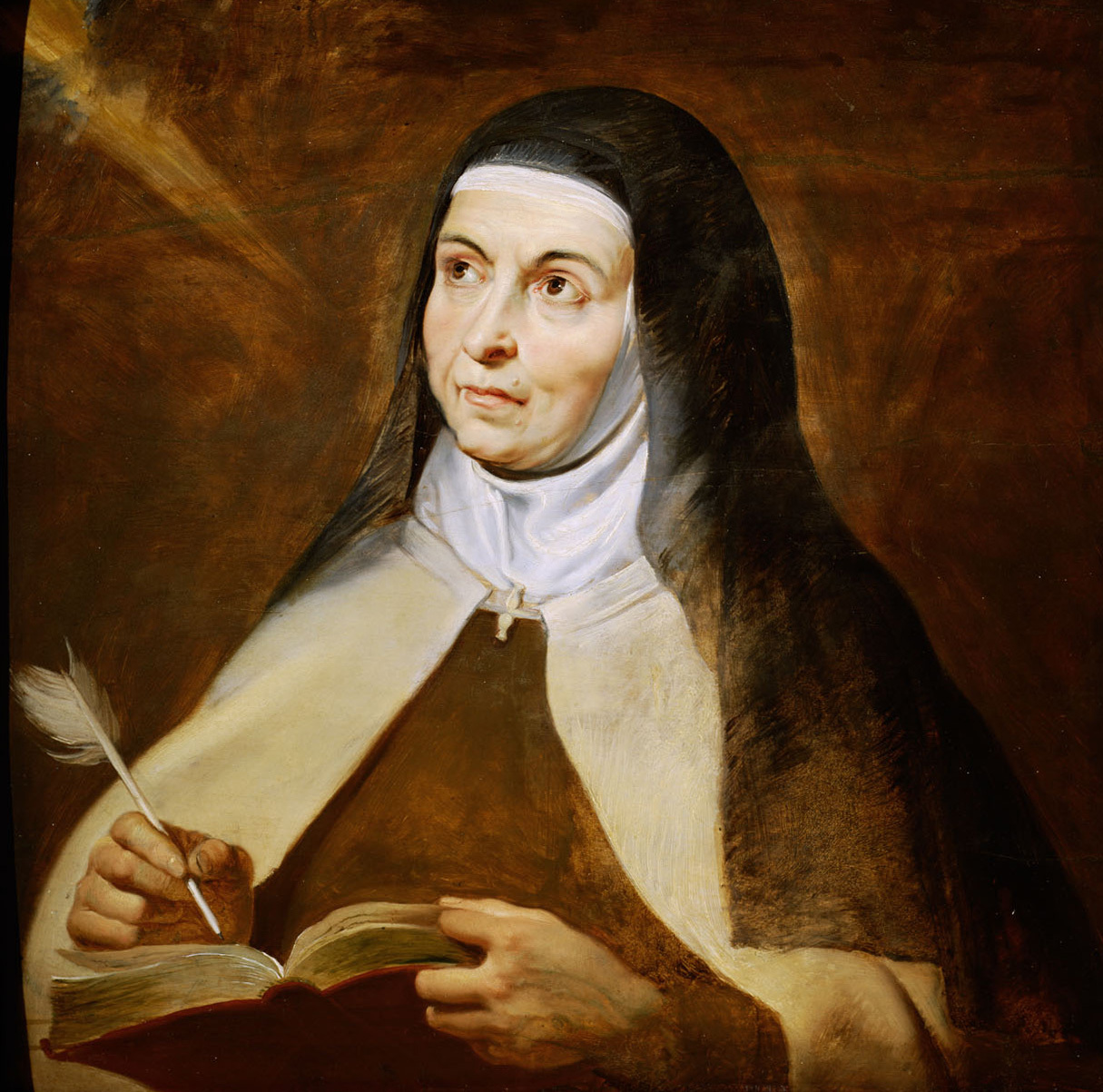Really, this line from today’s Gospel is revelatory of the unfolding narrative…. the whole situation stinks! Mary and Martha must face the fact that their life is utterly changed. The sisters from Bethany mourn what once was and now face an uncertain future without Lazarus. Prior to the sleep of death, as Lazarus declined in health, he too must’ve struggled with his inevitable fate. Then, death comes. Lazarus lies silent, wrapped in burial cloths in the cold, dark tomb.
It doesn’t take much imagination to apply these elements from the Gospel of John to our own situation today. The outbreak of COVID-19 has utterly changed the normalcy of our lives. Our calendars, once filled with celebrations, are now eerily empty. We wrestle with what the future holds regarding our health, our jobs, and our finances. We watch as the number of confirmed virus cases rise each day, and with that, the number of deaths. The quarantine forced upon us, though very necessary, is much like a tomb experience. We struggle with our own powerlessness and vulnerability in this bleak time.
“And Jesus wept.” This is Jesus’ reaction to the deeply painful experiences that surrounded him and engulf us today. Jesus is saddened that his good friends must share in the sorrow of grief and uncertainty. Jesus groans and cries because of the loss of his dear friend. Jesus sobs at the reality of death and the darkened tomb, a reality he will soon face and a reality that every person must endure. The whole situation stinks. And so, “Jesus wept.”
 |
| "The Resurrection of Lazarus" by Henry Ossawa Tanner |
Of course, this is not the end of the story. Neither Lazarus’ story, nor our own, ends with Jesus crying at the stench-filled tomb. Rather, Jesus acts. Jesus manifests God’s undying love by raising Lazarus from the tomb. Jesus demonstrates that divine love has no limits; it even pushes to the realm of the dead. Jesus alone is the Resurrection and the Life who transforms our experiences of mourning, sorrow, and death itself.
As we go through these upcoming weeks of uncertainty, we remember that Jesus suffers alongside us. As we endure our own tomb experience due to this current pandemic, we look to Jesus to transform us into a people of Life and Resurrection. With the love of Jesus, we can confidentially endure the darkness of this current moment. We look for the every-day moments when God’s love proves to be stronger than the power of death. Even as we weep and mourn – as we admit that this time really does stink – may we never forget that in Jesus, God’s limitless love will find us. As Lazarus once experienced and as we soon will know, Jesus always raises us up.




